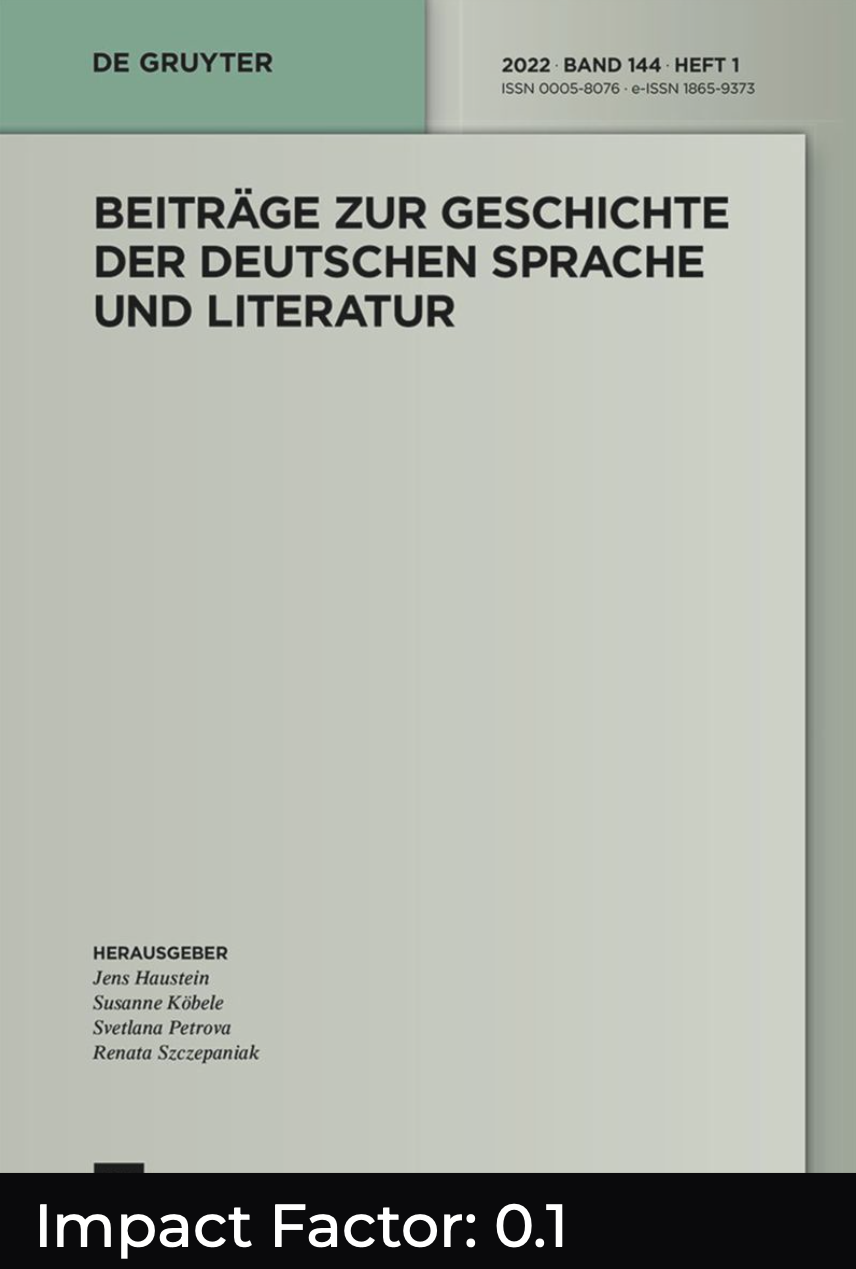
This article (re-)examines (marked) inconsistencies and incompatibilities in Middle High German heroic epic. Those contradictions may result from oral tradition, from the difficulties of transfering oral narratives into literacy, from the conditions of performing from memory, or from traditional narrative regularities of the genre. Frequently, they are striking side effects of a type of narration which is paradigmatic instead of syntagmatic, elliptic and aggregative, scenic and final, and therefore highly tolerant against contradictions of any kind. Contradictions and inconsistencies are (consciously or unconsciously) used (and imitated) as one of the constitutive stylistic features of heroic epic. In some cases, moreover, contradictions and inconsistencies are obviously part of an intentional poetics of contradiction ostentatiously accumulating and exhibiting different layers of knowledge and meaning. The textual strategies of heroic epic, in some respect perhaps of premodern narration in general, tend to favour discrepancies, contrasts, and contradiction instead of nuances, compromises, and smooth transitions.
Beiträge zur Geschichte der deutschen Sprache und Literatur 141(2). 225–259.